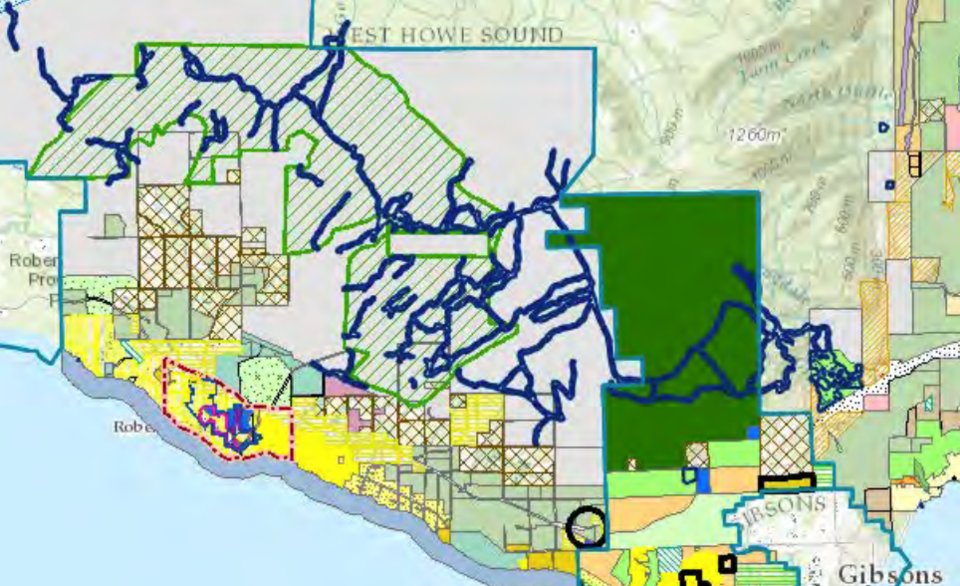Sunshine Coast Regional District (SCRD) directors raised questions about the use of public lands for profit after reviewing two applications to use wilderness areas for commercial recreation.
The first referral was from the Ministry of Forests, Lands, Natural Resource
Operations and Rural Development (FLNRORD), which had received an application from Seair Seaplanes Ltd. for a licence of occupation that would last for between 10 and 30 years and allow the company to fly people to the northeast shore of Phantom Lake, where they would disembark and go for a short walk along the shoreline.
The company has been using Phantom Lake, located in the Halfmoon Bay electoral area above Clowhom Lake, for 40 years without a licence and expects to fly up to 50 people to the lake annually.
Directors followed staff advice to support the application subject to a number of conditions, including that any comments from shíshálh Nation are addressed. Clowhom is designated as having special cultural significance in the Nation’s Strategic Land Use Plan.
Directors requested that the province limit the number of tenures and visitors for “sensitive hinterland areas,” and also added a request for an annual ecological evaluation, following recommendations from the Halfmoon Bay Advisory Planning Commission (APC).
During discussion, shíshálh Nation Chief Warren Paull raised a broader concern about how these areas are being used by adventure tourism operators.
He said the Nation had received the referral and they are “in the process of denying every application that is currently being put out there for adventure tourism.”
Discussions with neighbouring First Nations, primarily Squamish Nation, have revealed that members are having difficulty practising their traditional uses of the land, such as hunting and fishing, because of the extensive use of these areas for adventure tourism purposes.
“You can’t go out and fire a gun or you can’t go out and hunt because there are bikers, there are campers, there are all these other individual groups and it places undue hardship, at least according to what I got from all the people I’ve been having conversations with,” said Paull.
He said he supports annual assessment reports and limiting licenses to five years.
Directors decided to add a request for a five-year limit.
The second referral, this time for mountain biking, brought issues of maintenance to the forefront.
North Vancouver company Endless Biking Ltd. has applied for a licence of occupation for up to 30 years to conduct guided mountain biking tours on trails in Roberts Creek, Elphinstone and West Howe Sound.
In this case, directors – also following staff recommendations – voted to recommended FLNRORD refuse the application, since it would increase costs for the SCRD to maintain trails, particularly for the Sprockids recreation area.
Elphinstone director Donna McMahon and Roberts Creek director Andreas Tize both commented on the costs shouldered by local government and volunteers related to upkeep. “There’s a lot of volunteer hours that go towards keeping these fantastic trails up,” said Tize. “When we can get some support to maintain these trails from commercial enterprises, then we should.”
Volunteer entities Coast Mountain Bike Association and Sunshine Coast Trail Association are both expected to provide comments, but the referral had already elicited feedback from the community.
Elphinstone resident and environmentalist George Smith wrote to the SCRD supporting its decision to refuse the application. He called the efforts by volunteers and the SCRD to maintain trails “one of the most successful volunteer achievements on the Sunshine Coast,” and said the “potentially negative impacts to this system caused by an off-coast private commercial operation are simply not worth the risk.”
That feeling was echoed by the Roberts Creek APC and the application generated significant discussion by the Elphinstone APC, which also recommended refusing the application unless a number of conditions were met, including that the commercial operator provide resources to maintain trails. The West Howe Sound APC also supported staff recommendations.



